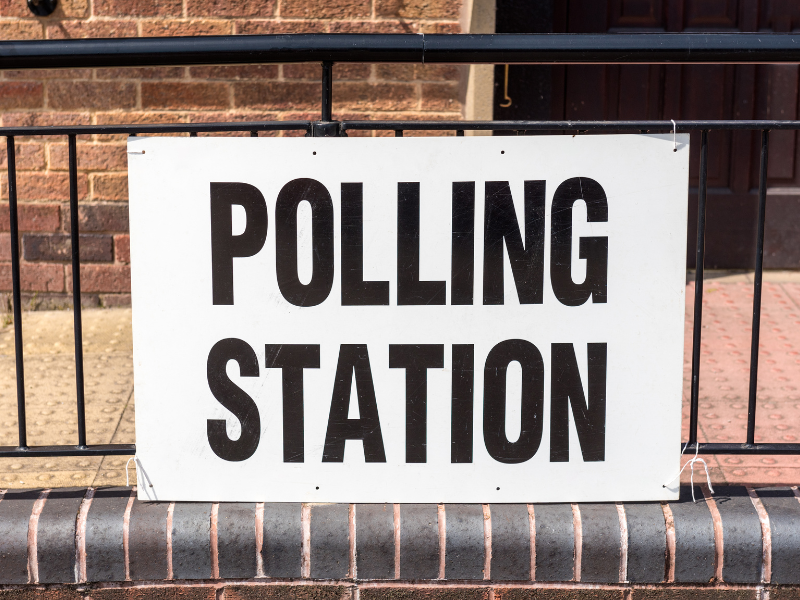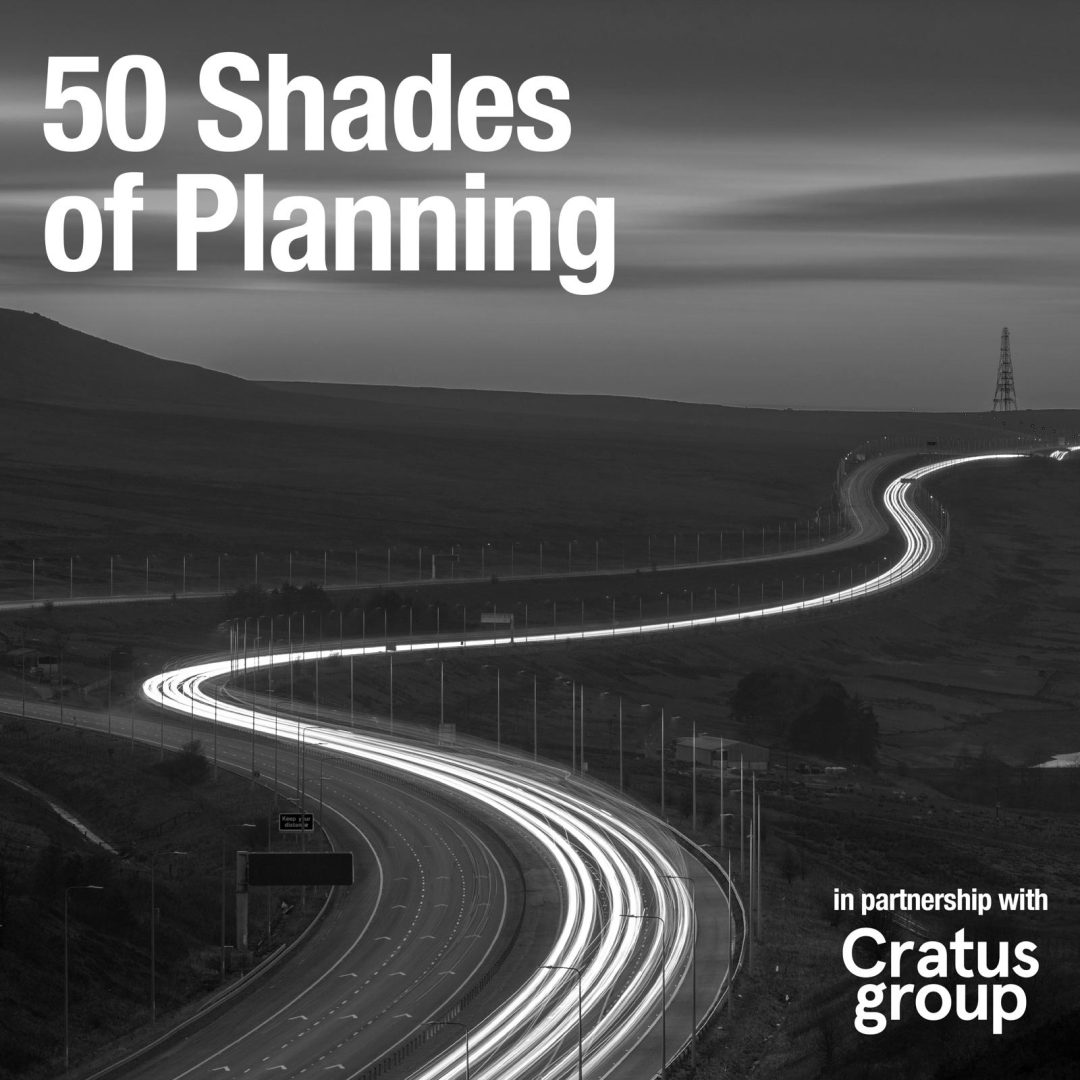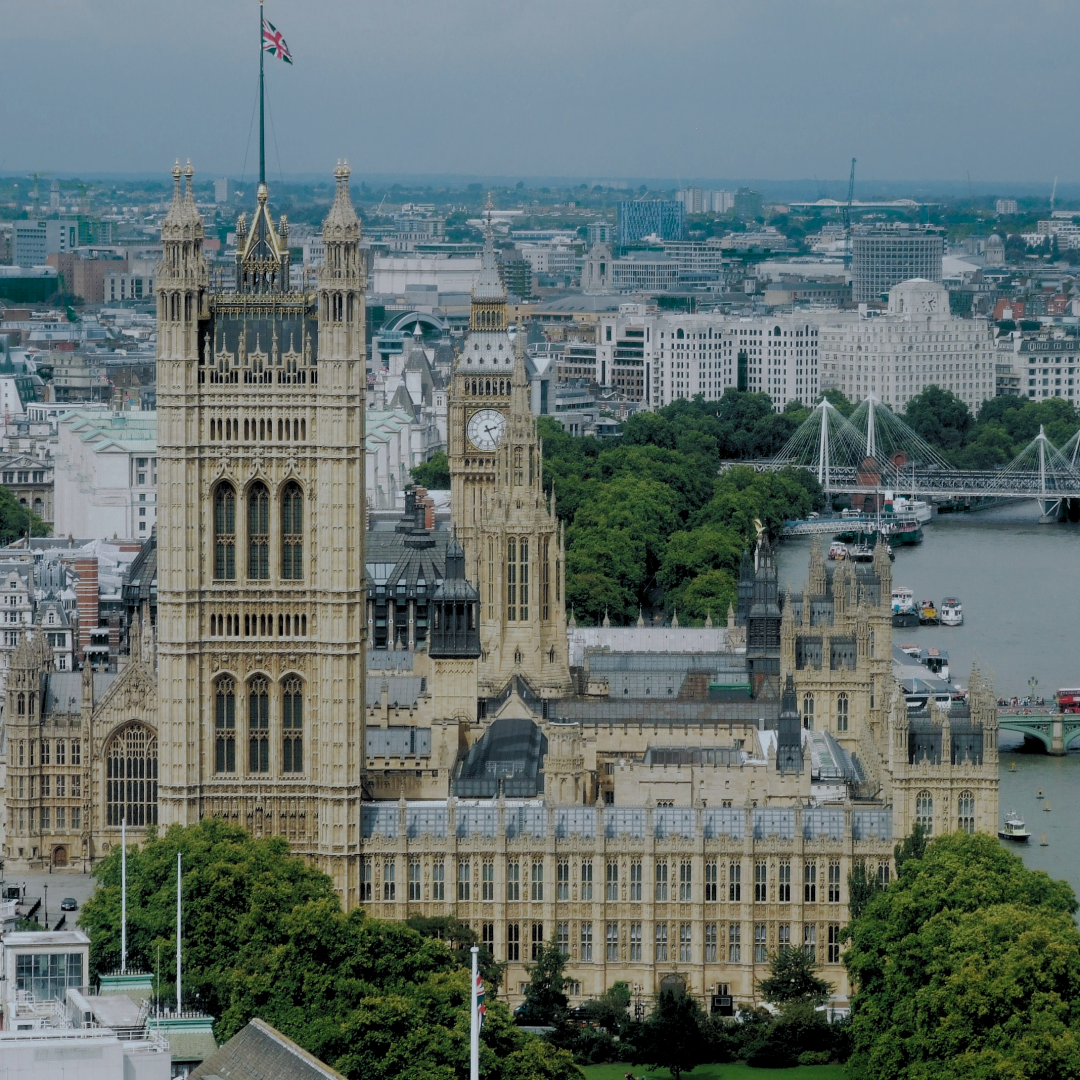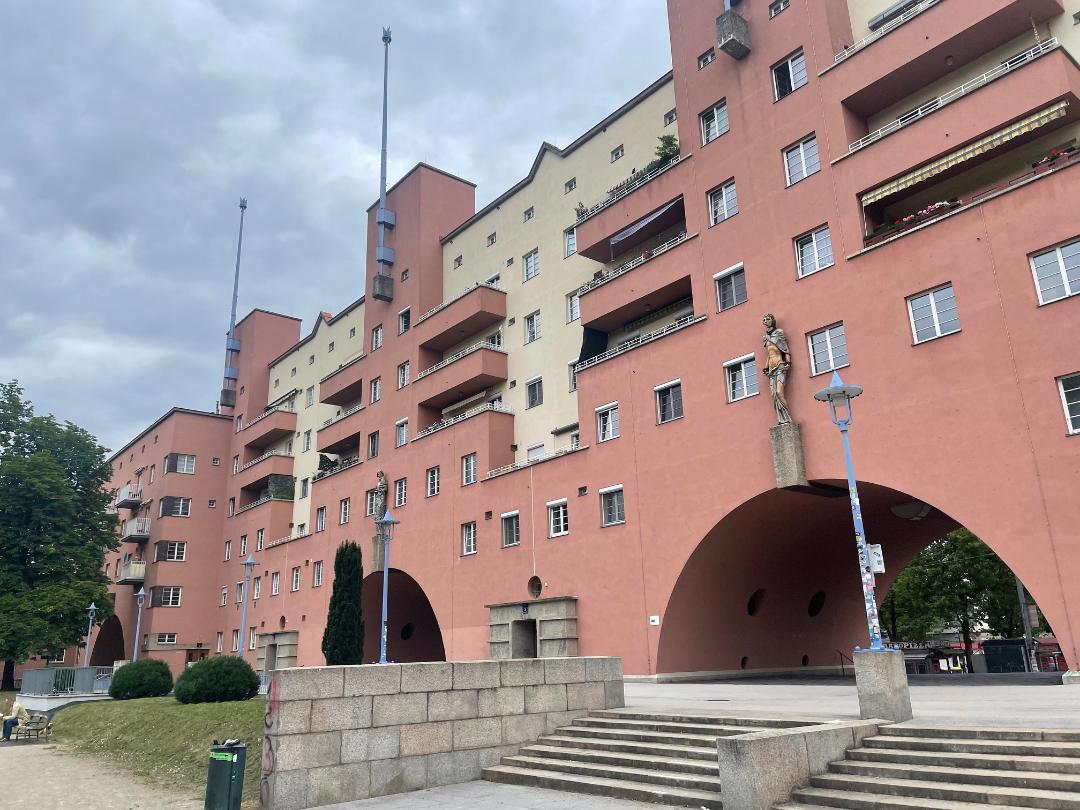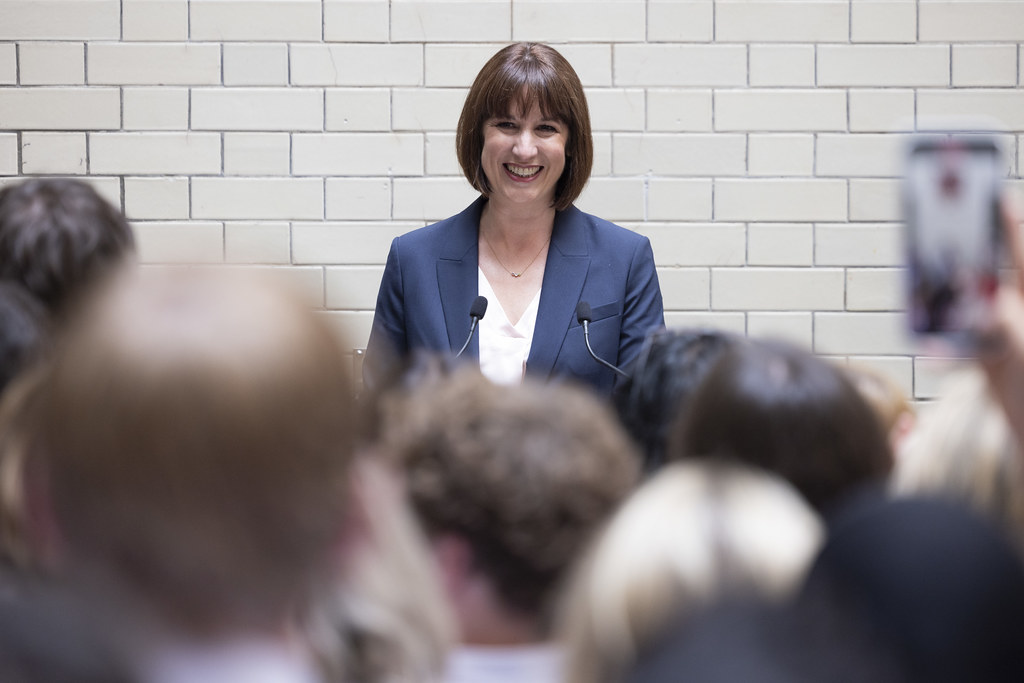Local Elections 2024: The Results Summary
On the 2nd May voters across the county went to the polls to elect councillors, mayors, London Assembly members and Police and Crime Commissioners for the next four years. Due to the variety of positions being elected counting took three days and it was only by Sunday evening that all the results had been announced. Read on for our run down of the results and what they mean for the national political picture.
It is the Labour leadership that will be happiest with the results from the weekend with good gains from the Conservatives in council elections, followed up with a strong performance in mayoral and Police & Crime Commissioner elections which were counted over the weekend. These gains and strong national showing have further cemented Labour’s grip on local government and confirm that the party is well on track to achieve a majority at the general election later this year.
Aside from the Conservatives’ narrow retention of the Tees Valley mayoralty, bright spots for the party were few and far between. Labour retained the London mayoralty, won flagship victories in the West Midlands and York & North Yorkshire mayoral races, flipped several councils and PCC posts, and won the Blackpool South parliamentary by-election.
A key narrative in the elections was Labour’s increasing ability to spread its vote-share in an efficient manner across the country. Whereas in 2019, a double-digit win in vote-share terms was required for a Labour majority, in 2024 this figure has halved.
This was demonstrated best by Labour flipping councils in areas where the party needs to win seats to form a government including Nuneaton & Bedworth and Redditch in the Midlands and Adur in Sussex from the Conservatives. At the same time they were unable to make sufficient inroads in either Bristol or Oxford City to regain overall control of those councils but will not be overly concerned about these areas come the general election.
A notable trend to watch come general election time will be the adoption of tactical voting by many voters. As an example, in the South West London GLA constituency, Sadiq Khan won in the mayoral contest, while Liberal Democrat candidate Garth Roberts won the party’s first-ever GLA constituency seat. The desire of many progressive voters to oust Conservative candidates by any means is likely to compound the party’s issues at the GE.
Despite the dominance of Labour in these elections, the party did lose ground in some areas to a mix of Green, left-wing and independent candidates angry at the party for the leadership’s position on the ongoing conflict in Gaza. Added to this was the story of more Labour councillors, this time in Worthing, resigning from the party immediately after the results had been announced. None of this is likely to concern Keir Starmer unduly, as his seemingly inevitable election victory draws closer.
The Green Party continued its rise in local councils, while the Liberal Democrats’ victory in Dorset suggests the party’s revival as the anti-Conservative party of choice in rural southern England is continuing.
Local Election Key Takeaways
The 2024 local elections have produced another near-catastrophic set of results for the Conservatives, with the party losing seats at every level of government and losing ground to Labour across the country.
Labour has seen a net gain of 186 seats, compared with a 474-seat loss for the Conservatives, and gains of 93, 104 and 74 seats for Independents, the Liberal Democrats and the Green Party respectively.
Strong Labour showings across the country
- In local authority elections, Labour has seen significant success. The party has gained outright majorities on councils including Hartlepool, Thurrock and Milton Keynes from No Overall Control, and taken majorities on Redditch, Hyndburn and Rushmoor from the Conservatives.
- In the Blackpool South parliamentary by-election, Labour’s Chris Webb won back the seat for the party on a significant swing. Polling 58.9% of the vote, Webb comfortably beat the Conservatives into second place. The victory is another strong indication of Labour’s recovery in areas won by Boris Johnson’s Conservatives in the 2019 general election.
- Despite the positive national picture however, there are some concerning signs for Labour too, with the party losing control of Oldham Council – largely due to voter disapproval of the party’s stance on the war in Gaza – and seeing further drops in vote-share in many areas with a high proportion of Muslim voters and gains for pro-Palestinian independents.
- Likewise, local issues have affected the party in councils including South Tyneside, while the key target council of Harlow remained in Conservative control by a single seat – on a majority of only 55 votes.
Isolated Conservative bright spots
- Despite losing a host of councils and scores of seats in races across the country, the Conservatives are seeking to focus attention on some isolated bright spots for the party, including their retention of control of Harlow and five other councils.
Green success
- The Green Party went into these elections seeking to build on their strong performance at in 2023. Despite not quite hitting the heights of last year, largely driven by the fact that they made gains in rural areas like Mid Suffolk and Wealden that didn’t hold elections this year, the Greens have seen both votes and seats comes towards them from Labour.
- The party has achieved a significant gain of 10 seats on Bristol City Council, their key target this year. However, they have not reached the threshold to secure a majority, and the council remains under no overall control.
- The party secured victory in all 14 seats within the city centre, providing a boost to their chances of winning the Bristol Central seat at the GE.
- The first Green councillor was elected in Sefton, with Neil Doolin beating Labour by 105 votes.
Liberal Democrat gains
- The Liberal Democrats have also made gains in the recent local elections, gaining control of Tunbridge Wells as well as Dorset, overturning the previous Conservative administration. The Conservatives entered the election with 43 seats but now hold 30, while the Lib Dems have secured 42 seats. The has party has argued it can use its Dorset victory to overturn Conservative majorities at the GE, potentially winning West Country seats such as Poole, West Dorset, and Mid Dorset.
- Despite not winning target areas like Wokingham, the party gained ground in traditionally Conservative-voting areas of southern England and have won more seats overall than the Conservatives.
- It has also won its first seats on councils including Newcastle upon Tyne, Sefton, Redditch and South Norfolk.
- Following these elections, new stats reveal that the party has added more council seats than any other party over the last parliament, gaining more than 750 in the last five years, mostly in the south-west and south of England.
Reform UK’s performance
- Reform UK is becoming more and more of a thorn in the side of the Conservative Party and it was therefore something of a surprise that the party only stood 323 candidates in a round of local elections at which 2600 places were being contested.
- The party secured two seats on Havant Borough Council but otherwise underperformed in the local elections compared to its polling expectations. Despite this, where the party did stand, it took votes that would have otherwise gone to Conservative candidates. That was evident in Blackpool South, where Reform candidate Mark Butcher received just 117 votes less than the Conservatives.
Mayoral Elections
London
- Sadiq Khan won a third term as London mayor, comfortably beating Conservative Susan Hall despite suggestions of a nail-biting result. Labour also increased by one its number of seats on the Greater London Assembly.
- Despite the party’s victory, the issue of Gaza has driven voters in the inner city away from the party, while the controversy over ULEZ had cost it votes in London’s outer boroughs.
West Midlands
- Labour’s Richard Parker won the West Midlands mayoral election, beating incumbent Conservative Andy Street by fewer than 2,000 votes after a partial recount. Street managed to out-perform the Conservative party’s dire poll ratings, but this wasn’t enough to save him.
Tees Valley
- For the Conservatives, Ben Houchen has retained his position as Tees Valley mayor, although with a reduced share of the vote (53.6%) and while deliberately distancing himself from his own party during the campaign.
- Houchen had won the 2021 election with 73% of the vote and a similar swing to Labour in a general election would mean that every Conservative MP in the region would lose their parliamentary seat.
- Had the Conservatives lost both Tees Valley and the West Midlands, it might have emboldened dissent within the party, but Houchen’s victory will allow Sunak supporters to argue that the party can still succeed under his leadership.
North West Mayoralties
- Labour has comfortably held onto both Metro Mayors in the North West, with Andy Burnham retaining his position as Metro Mayor for Greater Manchester with a significant margin.
- Steve Rotheram has also maintained his seat as Mayor of the Liverpool City Region, significantly increasing his vote share from the previous.
New Mayoralties
- In addition to holding all of its existing mayoralties, Labour won the new positions of mayors of York & North Yorkshire (David Skaith), the East Midlands (Claire Ward), as well as the North East (Kim McGuinness).
- The race to be the first elected Mayor of the North East had added political spice as the former Labour Mayor of ‘North of the Tyne’ Jamie Driscoll was standing as an independent having been blocked from running as the Labour candidate due to being on the Corbynite wing of the party. Prior to his effective deselection he had been given vocal support from other Labour mayors. In the end, Kim McGuinness won healthily with 41% of the vote compared to Jamie Driscoll’s respectable 28%.
Police and Crime Commissioner Elections
- In the Police & Crime Commissioner elections, Labour also saw success in gaining ten positions – including Bedfordshire, Cheshire, Lancashire and Norfolk – from the Conservatives. Labour now has 17 commissioners and the Conservatives 19, whilst Plaid Cymru have held onto Dyfed-Powys.
- While PCC elections tend to be friendlier to the Conservatives than mayoral races due to the inclusion of more rural voters, this set of results will also fill the party with dismay.
If you would like to discuss the implications of the Local Election results and how they may affect your organisation, please contact Dan Humphreys.
